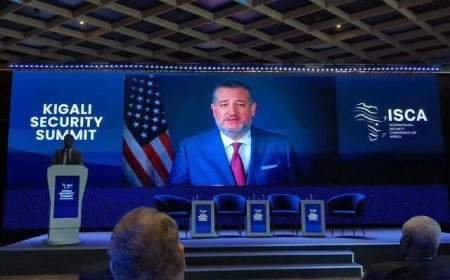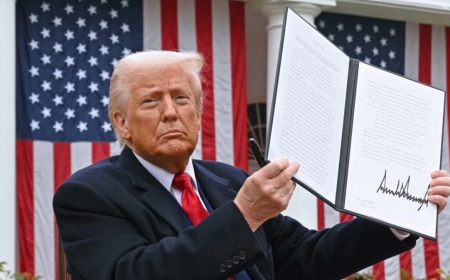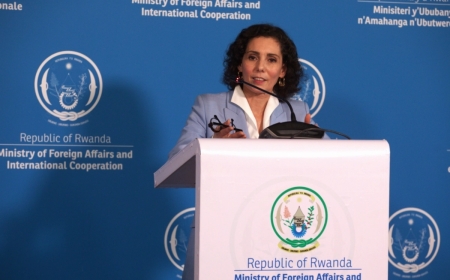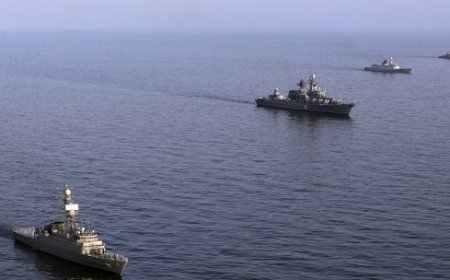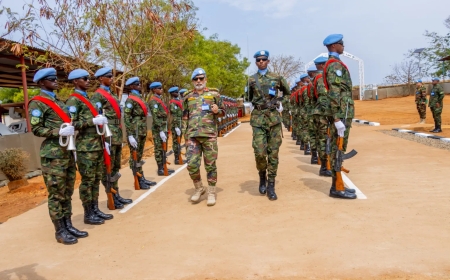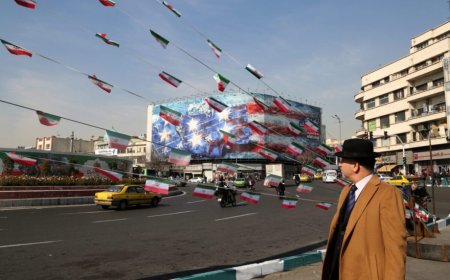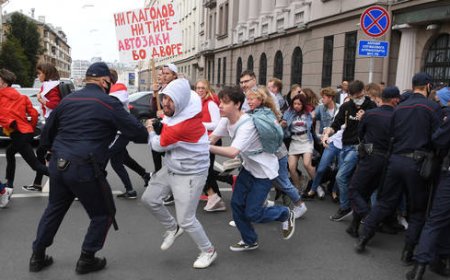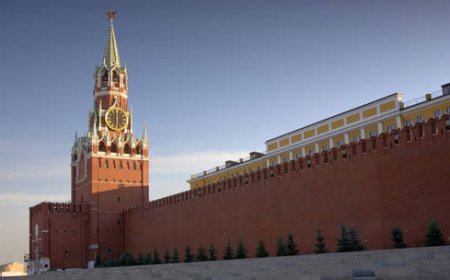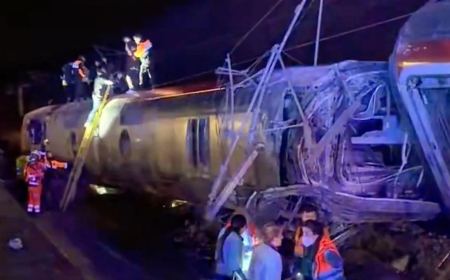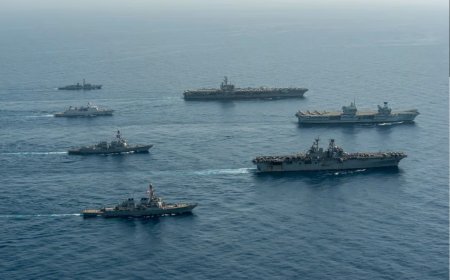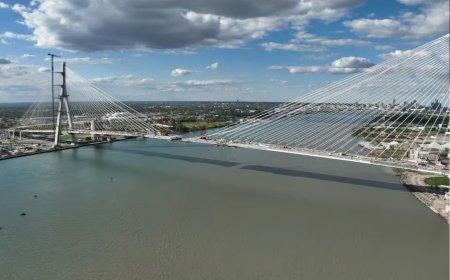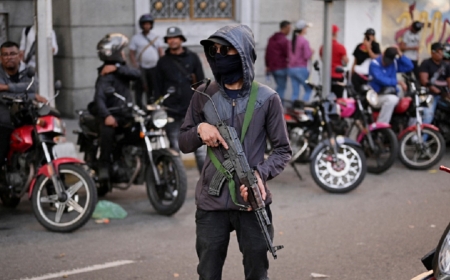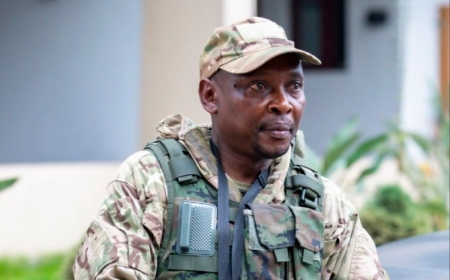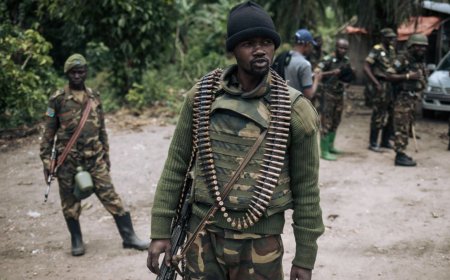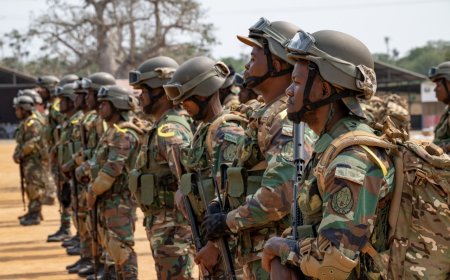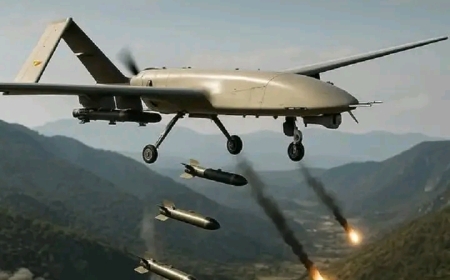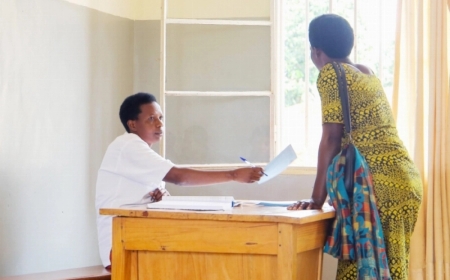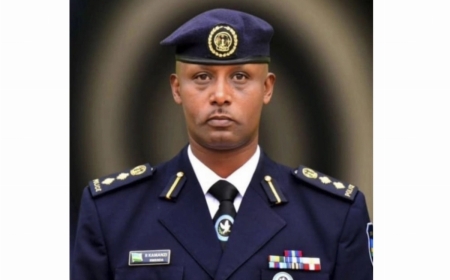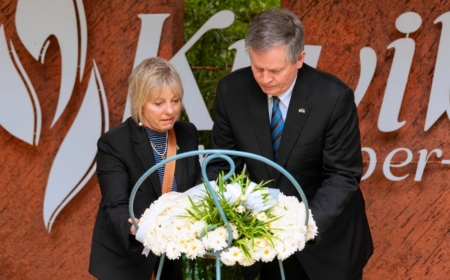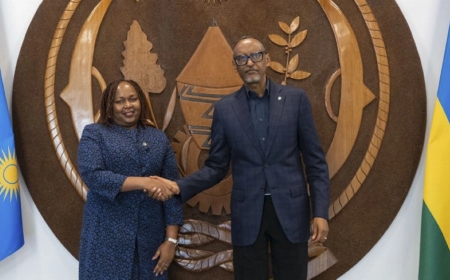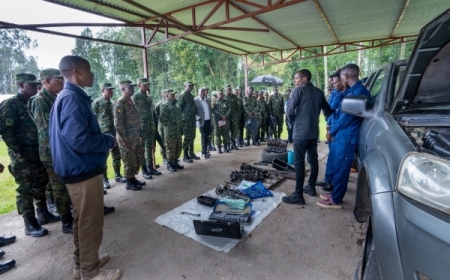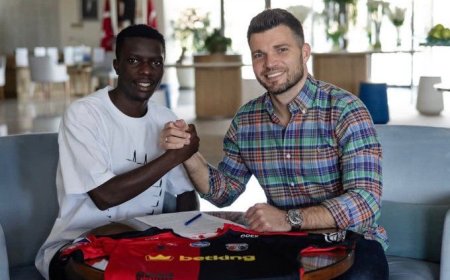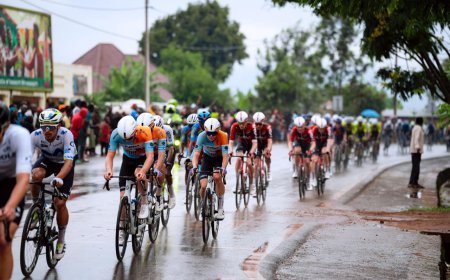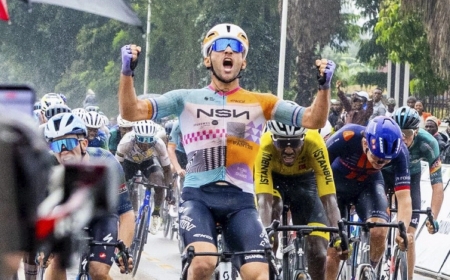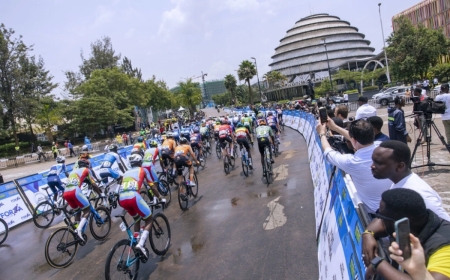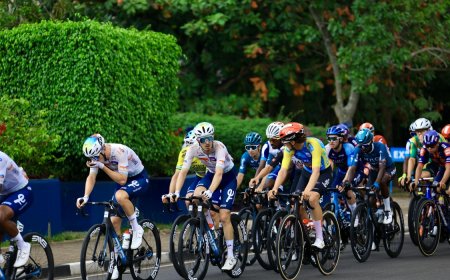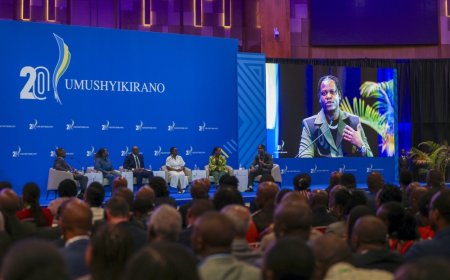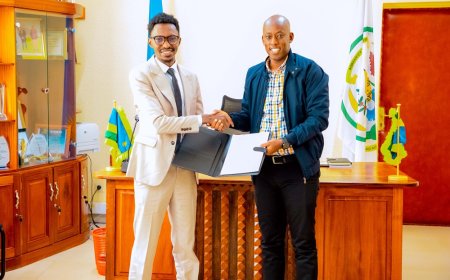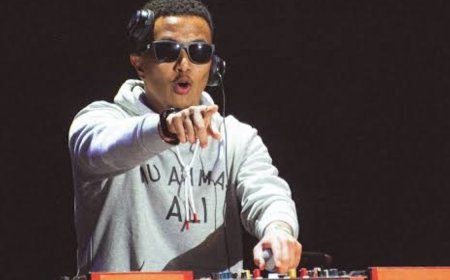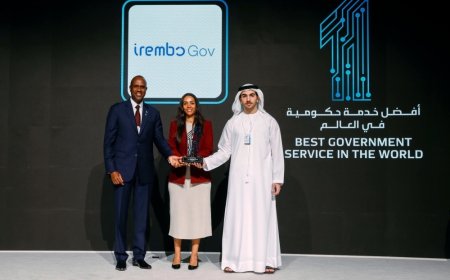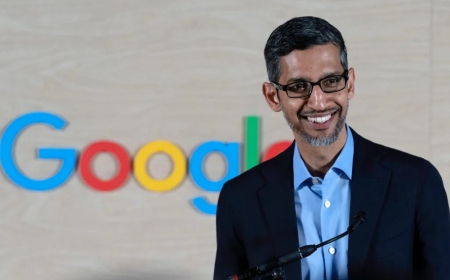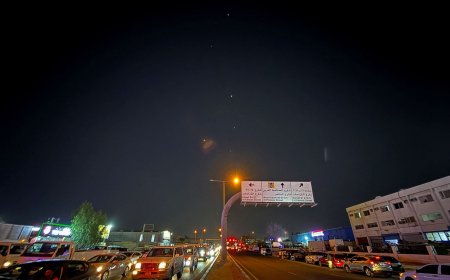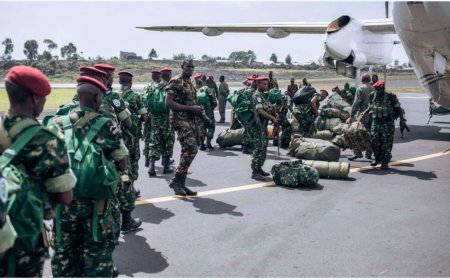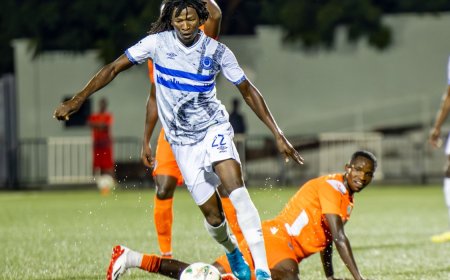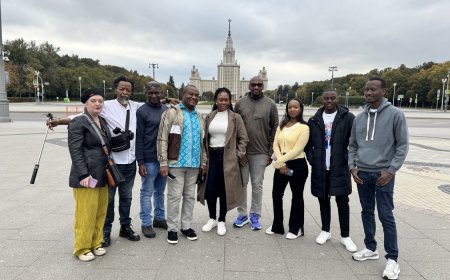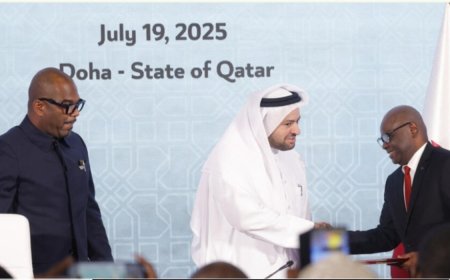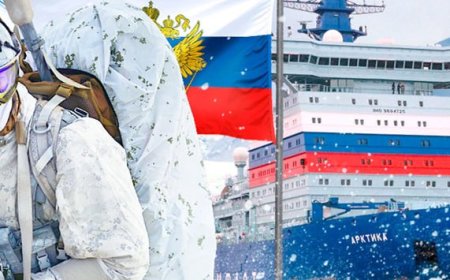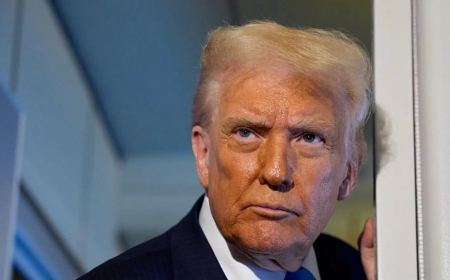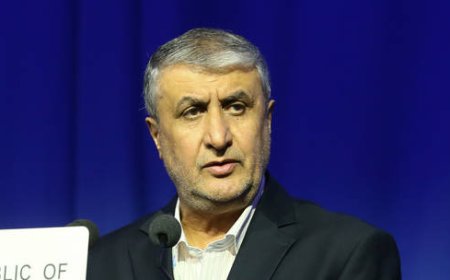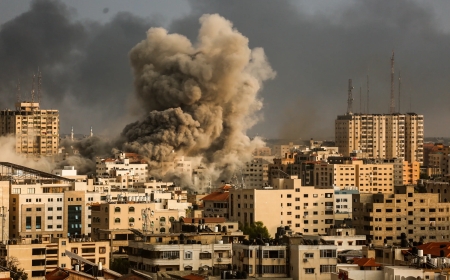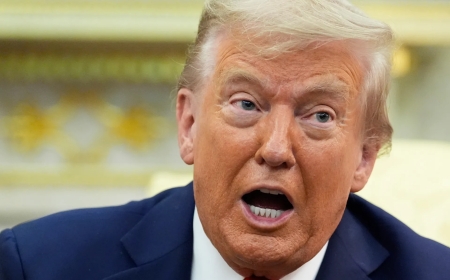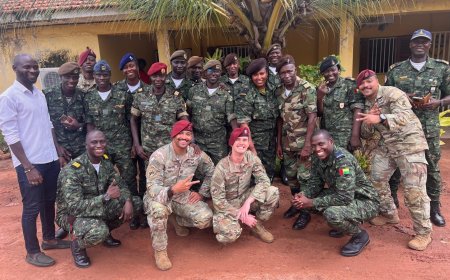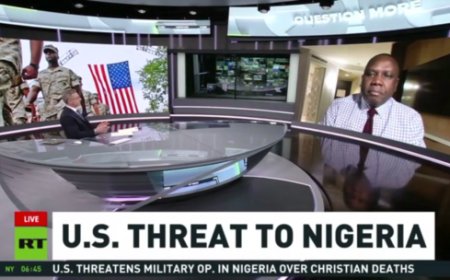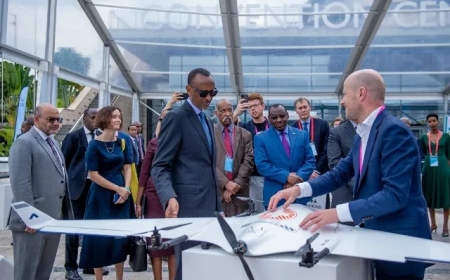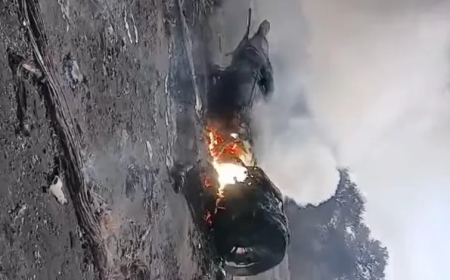Rwanda’s military RDF expands role in closing security gaps across Africa
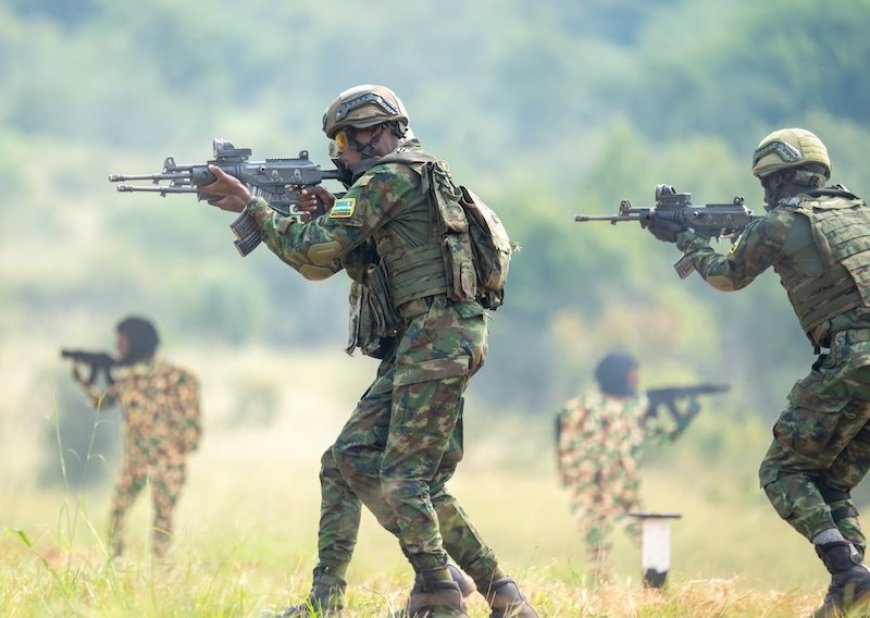
Across Africa, insecurity continues to plague regions torn apart by civil wars, insurgencies, and resource-driven conflicts. As the United Nations faces growing political pressure and financial constraints that have forced it to scale back or withdraw some of its peacekeeping missions, Rwanda’s Defence Force (RDF) is increasingly stepping into the breach, offering a rapid and disciplined alternative in restoring stability.
UN deployments, once numbering in the tens of thousands across hotspots such as Mali, the Democratic Republic of Congo (DRC), and Sudan, have often struggled to contain violence. Limitations include restrictive mandates, inadequate funding, and waning political will from troop-contributing nations. In Mali, for instance, the government ordered the withdrawal of the MINUSMA peacekeeping mission in 2023 after it failed to curb jihadist violence and faced accusations of abuses. Similar frustrations have emerged elsewhere, where missions have been accused of failing to adapt to evolving threats such as IEDs and complex militant offensives.
This growing vacuum has left African governments seeking other solutions—opening the door for Rwanda, whose military is widely regarded for its speed, adaptability, and operational discipline.
Central African Republic: A Model Partnership
Since 2020, Rwandan troops have played a decisive role in stabilising the Central African Republic (CAR), a landlocked nation beset by armed groups and political instability. Under a bilateral agreement, Rwanda deployed soldiers to protect key government figures and train CAR’s armed forces. More than 2,000 Rwandan peacekeepers also serve under the UN mission MINUSCA, providing patrols, securing strategic sites, and bolstering security in the capital Bangui and surrounding areas, including President Faustin-Archange Touadéra’s hometown of Damara.
RDF spokesperson Brig. Gen. Ronald Rwivanga says the situation has improved considerably, crediting Rwandan operations for pushing back rebel forces and allowing the government to focus on governance instead of constant defence. In July 2025, Rwandan units in CAR received presidential medals for their service, while CAR’s military leadership visited Kigali to deepen cooperation.
Mozambique: Holding the Line in Cabo Delgado
In southern Africa, Rwanda’s deployment to Mozambique’s insurgency-hit Cabo Delgado province in 2021 has grown from 1,000 to 5,000 troops. They replaced Southern African Development Community (SADC) forces that withdrew in 2024, leaving RDF to confront Islamic State-linked militants largely alone. Rwandan forces have succeeded in driving militants into remote forest areas, cutting off their supply and communications routes along the Indian Ocean coast—a key maritime link in ISIS’s African network.
While sporadic attacks continue, security in key coastal districts has improved, enabling the reopening of ports, airstrips, and trade routes. RDF has also assisted in humanitarian efforts, helping resettle over 250,000 displaced civilians and repairing schools and public infrastructure. However, challenges persist, including delayed payments from Maputo, which have raised concerns among international energy companies with major gas projects in the region. In June 2025, four Rwandan soldiers were killed in an ambush, underscoring the conflict’s volatility.
South Sudan: Peacekeeping Under UNMISS
In South Sudan, Rwanda contributes 1,650 troops to the UN Mission in South Sudan (UNMISS), tasked with patrolling volatile areas, protecting civilians, and supporting humanitarian relief. RDF units are active in community engagement, providing free medical care—serving over 600 displaced people in June 2025—and promoting education. Infrastructure projects, including road and bridge repairs, are improving economic links in a country still grappling with the legacy of civil war.
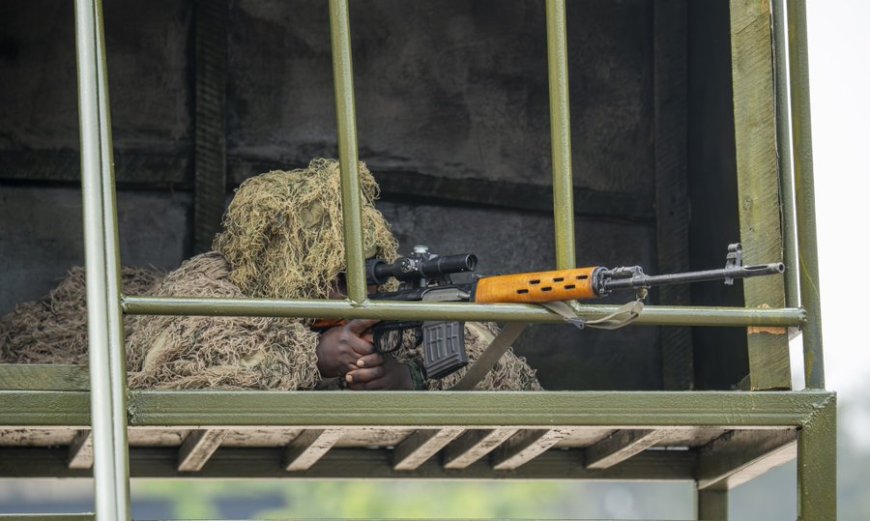
A Distinctive Model for African Security
Rwanda’s approach differs from most African interventions, which typically operate through regional bodies like the African Union. Kigali’s preference for rapid, often bilateral deployments eliminates the slow decision-making that can weaken multinational missions. Federico Donelli, an international relations scholar at the University of Trieste, notes that such arrangements are easier to coordinate and execute than larger, more bureaucratic multinational forces.
With a strong army equipped with modern technology, including drones and cyber capabilities, Rwanda is positioning itself as a dependable security partner. Kigali leverages these operations not only to enhance regional stability but also to build diplomatic and economic ties, including resource agreements and infrastructure partnerships.
As Donelli observes, Rwanda’s model offers an alternative African-led security solution—one built on speed, independence, and sustained operational pressure—that could reshape how the continent addresses persistent instability.
